Copyright
Filter by...
-

Back to the Future: Activism, the copyright Directive and lessons for the present
The Copyright Directive marked a key moment in internet history. Civil society, and EDRi in particular, have reflected on the role we played in the political debate and what would that mean for future digital policy fights. In this blogpost, we look back to assess the success of the strategies we adopted and what are the takeaways we should keep in mind when challenging current human rights threats like chat control and facial recognition.
Read more
-

Advocate General recklessly calls for watering down privacy protections
On 27 October, the Advocate General (AG) Szpunar of the Court of Justice of the European Union (CJEU) released his opinion on the French ‘HADOPI’ system against online copyright infringements. The case has potentially important implications for the ongoing political debate on data retention by private companies for access by law enforcement authorities.
Read more
-
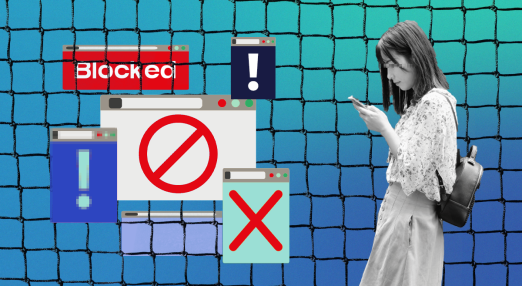
What happens next with upload filters in the EU after the CJEU copyright ruling
On 26 April, the Court of Justice of the European Union delivered its judgement on one of the most relevant cases for freedom of expression in recent years: Case C-401/19- Poland v Parliament and Council. The case was brought by Poland after the adoption of the controversial copyright Directive, and specifically because of its Article 17 that, according to EDRi and other civil society organisations, academics and politicians, could lead to mandatory use of upload filters on most online platforms.
Read more
-
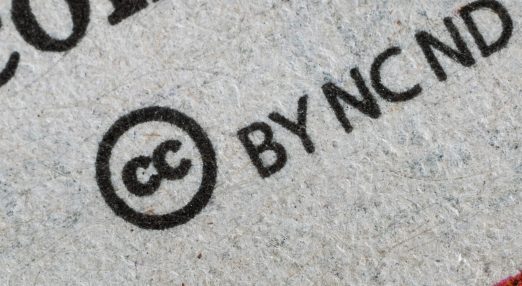
Copyright: European Court of Justice strictly limits the use of upload filters
“Today’s ruling sets an important precedent for the protection of freedom of expression online. Nevertheless, it does not go far enough. The European Court of Justice does not completely rule out the use of upload filters to enforce copyright on online platforms. At least, however, the court confirms what civil society has been emphasizing for years: upload filters are unable to reliably distinguish between copyright infringements and legitimate forms of free expression such as parodies or quotations. It is therefore right that the highest court limits the use of upload filters under Article 17 of the EU Copyright Directive to uploads that constitute manifest infringements, such as uploads of entire movies.”
Read more
-
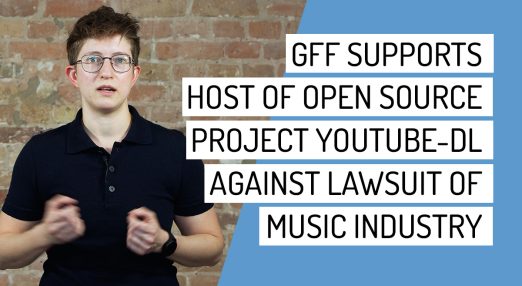
Music industry against Uberspace: Video downloads are not copyright infringements!
EDRi's member Gesellschaft für Freiheitsrechte fights against the music industry's attempts to put a digital lock on open source software, that enable media, human rights defenders, archivists and many others to access essential content.
Read more
-
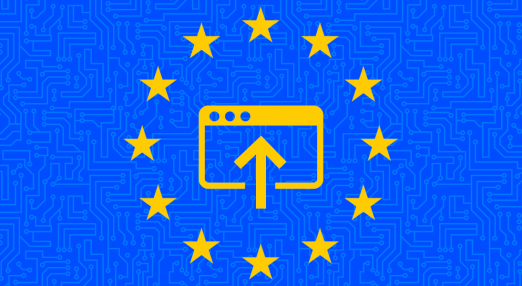
Digital Services Act: EU Parliament’s key committee rejects a filternet but concerns remain
The European Union's Digital Services Act (DSA) is a big deal. It's the most significant reform of Europe’s internet platform legislation in twenty years and the EU Commission has proposed multiple new rules to address the challenges brought by the increased use of services online. EU members of Parliament (MEPs) showed that they listened to civil society voices: Even though the key committee on internal market affairs (IMCO) did not follow the footsteps of the ambitious DSA reports from last year, MEPs took a stance for the protection of fundamental rights.
Read more
-
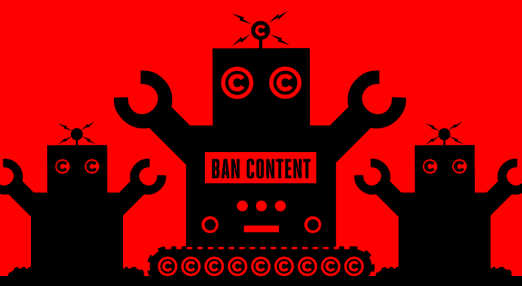
European Parliament’s plans of a Digital Services Act threaten internet freedoms
The EU's Digital Services Act is a chance to preserve what works and to fix what is broken. EFF and other civil society groups have advocated for new rules that protect fundamental rights online, while formulating a bold vision to address today's most pressing challenges. However, while the initial proposal by the EU Commission got several things right, the EU Parliament is toying with the idea of introducing a new filternet, made in Europe. Some politicians believe that any active platform should potentially be held liable for the communications of its users and they trust that algorithmic filters can do the trick to swiftly remove illegal content
Read more
-
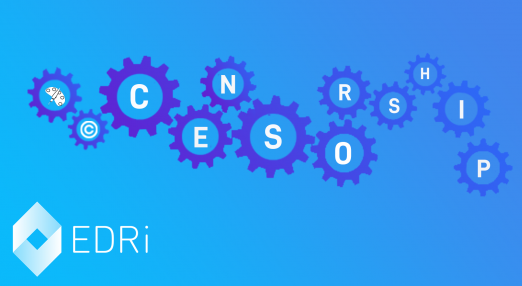
European Commission ignores civil society concerns and sides with creative industries
Today is a sad day for Europe. Instead of listening to reason and arguments, the European Commission itself brought up in front of the CJEU, the backroom political influence of the entertainment industry has won once again. Clearly “earmarking” content means preferring the economic interests of a few powerful actors over the fundamental rights of a whole generation.
Read more
-
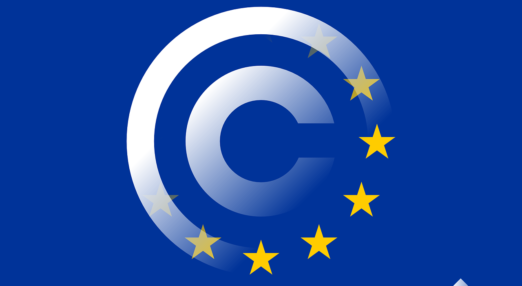
Copyright Reform in Germany: Damage Reduction on Article 17
While waiting for the implementation guidelines from the European Commission and the CJEU ruling on whether upload filters are legal or not, some Member States are implementing the Directive. Germany has done some damage reduction in its implementation, according to former MEP and current GFF staff Felix Reda
Read more
-
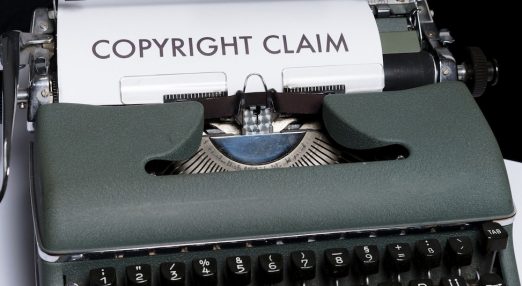
How Austria wants to implement upload filters and ancillary copyright
EDRi's member epicenter.works sheds light on the Austrian implementation of the controversial Copyright Directive passed in the EU Parliament in 2019. As positive as some draft provisions regarding upload filters are, the Austrian implementation of ancillary copyright is poor.
Read more
-

Walking from Luxembourg to Brussels in two hours
A public hearing before the European Court of Justice (ECJ) last Tuesday, November 10, dealt with the compatibility of Article 17, more precisely the provisions of Article 17 that require platforms to block copyright infringements, with the Charter of Fundamental Rights.
Read more
-
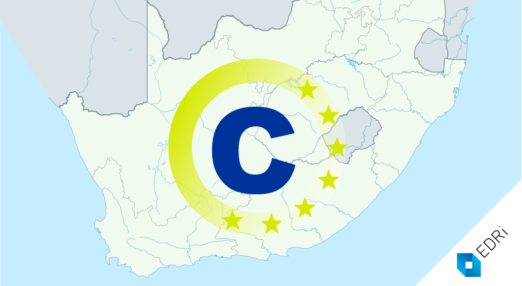
European Commission derails copyright reform in South Africa
Last year, the South African parliament adopted a progressive new copyright bill that would have drastically improved access to educational materials, introduced a fair use exception, implemented the Marrakesh treaty for the benefit of people who are blind or print disabled, and strengthened the negotiating positions of authors and performers in their negotiations with publishers.
Read more
